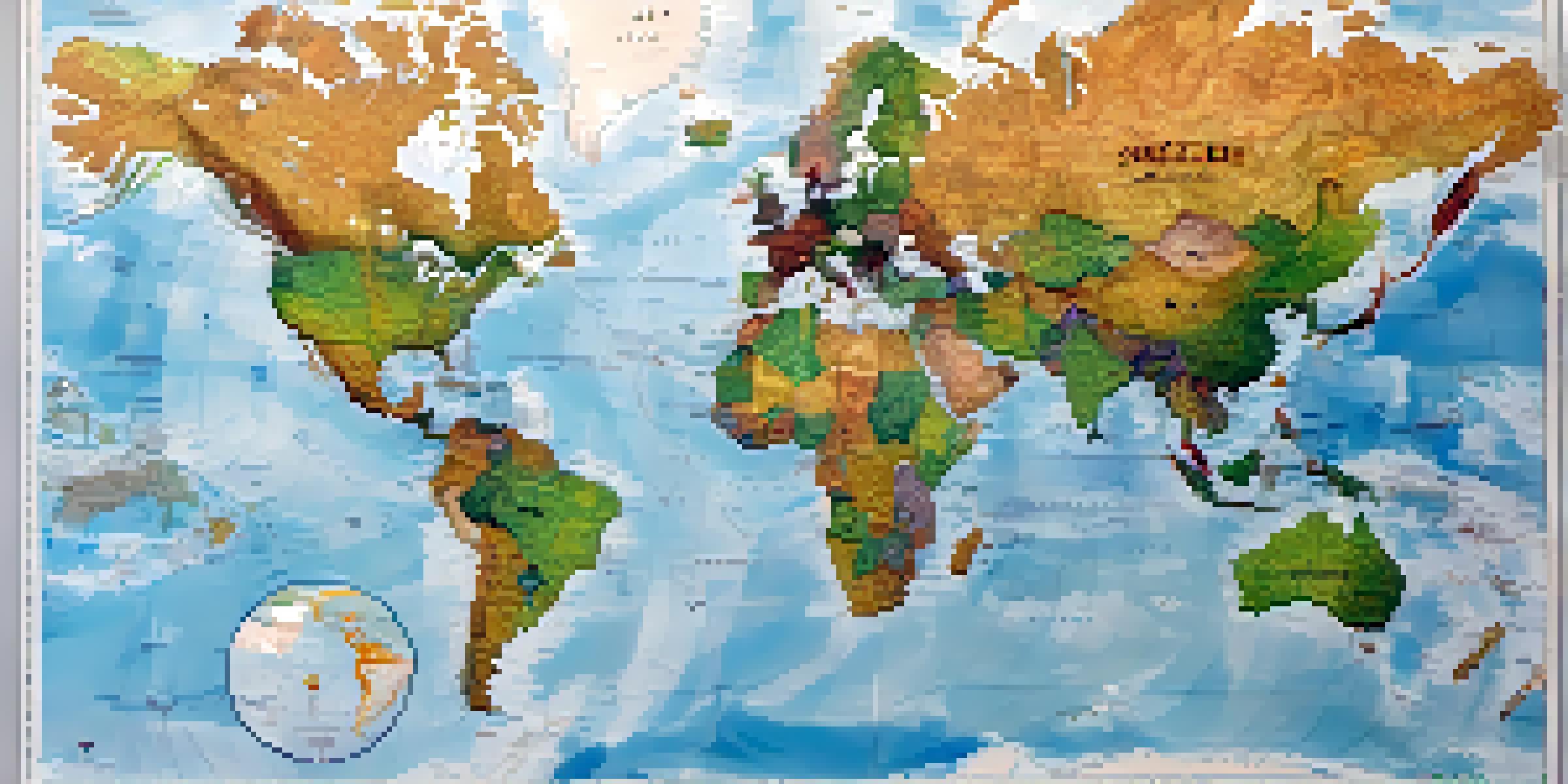Epidemiology in the Age of Globalization: Challenges and Solutions

Understanding Epidemiology in a Globalized World
Epidemiology is the study of how diseases spread and affect populations. In our interconnected world, this field has taken on new significance, as global travel and trade can facilitate the rapid spread of infectious diseases. Think of it like a game of dominoes, where one small push in one country can lead to a chain reaction worldwide. Understanding these dynamics is crucial for public health responses.
The Rise of Infectious Diseases in Globalization
With globalization, we’ve seen a notable increase in the emergence of infectious diseases. For instance, the COVID-19 pandemic highlighted how quickly a virus can jump from one region to another. This phenomenon is often exacerbated by urbanization, where crowded living conditions can make it easier for diseases to spread. Recognizing these patterns helps public health officials prepare for potential outbreaks.
Globalization Increases Disease Spread
The interconnectedness of countries facilitates the rapid transmission of infectious diseases, as seen during the COVID-19 pandemic.
Challenges in Data Collection and Sharing
One of the significant challenges in modern epidemiology is the collection and sharing of data across borders. Variability in health infrastructure and reporting standards can create gaps in our understanding of disease dynamics. Imagine trying to solve a puzzle without all the pieces; that’s what it feels like for epidemiologists. Ensuring robust data sharing can enhance our collective ability to respond to health crises.
The Role of Technology in Epidemiology
Technology plays a pivotal role in advancing epidemiological research. From mobile health apps to sophisticated data analytics, these tools enable quicker responses to emerging health threats. For example, contact tracing apps became vital during the COVID-19 pandemic, helping monitor and control outbreaks. Embracing technology is essential for modern epidemiologists in the face of global challenges.
Data Sharing is a Key Challenge
Variations in health infrastructure and reporting standards hinder effective data collection and sharing, complicating epidemiological efforts.
Global Cooperation and Public Health Initiatives
Tackling health issues in a globalized world requires collaboration among nations. Organizations like the World Health Organization (WHO) facilitate this cooperation by providing guidelines and support for public health initiatives. It’s like an orchestra, where each country plays its part in creating a harmonious response to health threats. Strengthening these international ties can lead to more effective epidemic management.
Antimicrobial Resistance: A Growing Concern
Antimicrobial resistance (AMR) is an alarming issue that has emerged in the era of globalization. The overuse and misuse of antibiotics have led to the rise of 'superbugs' that are resistant to treatment. This situation can turn minor infections into life-threatening conditions, posing a significant challenge for public health. Addressing AMR requires a global effort to promote responsible use of antibiotics.
Education Empowers Public Health
Enhancing public awareness about hygiene and vaccinations can significantly reduce the spread of infectious diseases.
Education and Awareness for Public Health
Education plays a crucial role in enhancing public awareness about epidemiology. By informing people about the importance of vaccination and hygiene practices, we can empower communities to take charge of their health. Think of it as building a fortress of knowledge that protects against disease spread. Public health education initiatives can greatly reduce the incidence of infectious diseases.
Future Directions in Epidemiology Research
Looking ahead, the future of epidemiology will likely focus on integrating traditional methods with new technologies. Innovations in genomics and big data analysis can provide deeper insights into disease patterns. This evolving landscape resembles a map that continually updates, helping us navigate complex health challenges. By staying adaptable, epidemiologists can better protect global health.